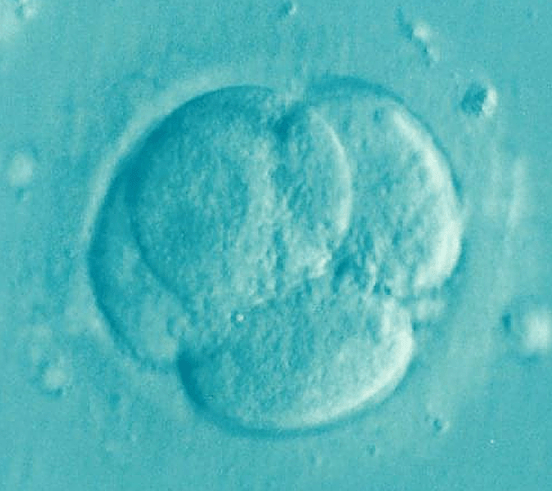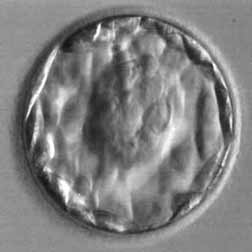What To Expect From IVF
Recently, I’ve been hearing about women who have big misconceptions about what IVF involves.
One person I spoke with said that before she met with a specialist, she thought that IVF would be one little needle every now and then and that was it for medications.
So in this post I want to give you an overview of what a basic IVF cycle or round looks like. I won’t go into the specifics but please know that it is a LOT more than just a little needle every now and then!
This overview doesn’t include anything additional and is just an overview to give you an idea of what to expect.
Step 1: Initial Appointments.
You will meet with your Fertility Specialist (FS). There may be multiple meetings during this step of the process. You will go through your medical history and anything relevant to your and your partner’s health. Together with the FS you will come up with a treatment plan, ask any questions that you have and complete any required paperwork.
Step 2: Your Treatment Starts.
You will be given lots of medications to take. Usually you are given a calendar or timeline to follow. For example during my first donor egg cycle I took 9 different medications/supplements over approximately a 3 month process. You or your partner will be taught how to give you any injections.
Step 3: Follicles Are Stimulated.
(If your own eggs are being used)
You will be given FSH (Follicle Stimulating Hormone) to stimulate the growth of follicles – which contain immature eggs.
Step 4: Monitoring.
You will have blood tests and ultrasounds multiple times to measure your hormone levels and when applicable (if using your own eggs) to monitor the growth of your follicles.
Step 5: Trigger.
(If your own eggs are being used)
You will be given a Trigger Injection (HCG – human chorionic gonatrophin) to trigger ovulation – eggs to be released.
Step 6: Egg Collection/Retrieval (ER).
This occurs approx 36-38 hours after your Trigger. The retrieval process is fairly short – up to around 30 minutes – although you will likely be at the day surgery for 3-4 hours. Your partner gives their sperm sample for fertilisation at the same time. The sperm needs to be kept at body temperature.
Step 7: Egg Fertilisation.
The eggs are put into a special medium. The sperm is washed, separating it from the seminal fluid. In standard IVF the sperm and egg are put together in a dish to naturally fertilise. In ICSI – Intracytoplasmic Sperm Injection – individual sperm is injected into an egg. You will usually be told how many eggs were retrieved.
Step 8: Monitoring.
The sperm and egg/s are placed into an incubator at 37C (body temperature) and checked regularly for fertilisation. Depending on your clinic’s protocols you will usually get a daily update – how many eggs fertilised initially, and then how many have grown into embryos. Expect these numbers to fall. They will be given between 3 and 6 days to grow before they are transferred.
Step 9: Transfer.
The embryo/s are transferred into your uterus with a catheter.
Step 10: Embryo Freeze.
Any excess viable embryos are frozen for the future. You will need to already have decided if you will freeze them individually or in multiples.
Step 11: Beta.
This is your pregnancy blood test. What you have been hoping and praying for. Approximately 2 weeks after Transfer. You will have your beta HCG tested to find out if you are pregnant.
Step 12: Repeat Betas.
To determine if your pregnancy is progressing you will have a number of beta blood tests to ensure that your HCG is rising. Normally it doubles every 2 to 3 days.
Step 13: Confirming Ultrasound.
Also called a Dating Scan. At around 7 weeks you usually have your first ultrasound where the radiologist is looking for a sac with a foetus, a heartbeat and to make sure the foetus is in your uterus.
What Else To Expect
You can also expect some of the following:
- It is likely that you will be emotional at times. This is you on a heap of meds and your hormonal rhythm will be massively impacted.
- There is A LOT of waiting that you need to do. Find distractions. Make a decision whether or not you will use home tests during the Two Week Wait.
- Ideally make peace with any outcome that may arise. No one has a crystal ball that can tell you whether you will or won’t be successful in any cycle. It’s really beyond our comprehension as there is more to life than just the physical nature of an egg and sperm. So the sooner you can make peace with whatever may be, the sooner you can go through any IVF cycle feeling balanced and peaceful and accepting what is.



